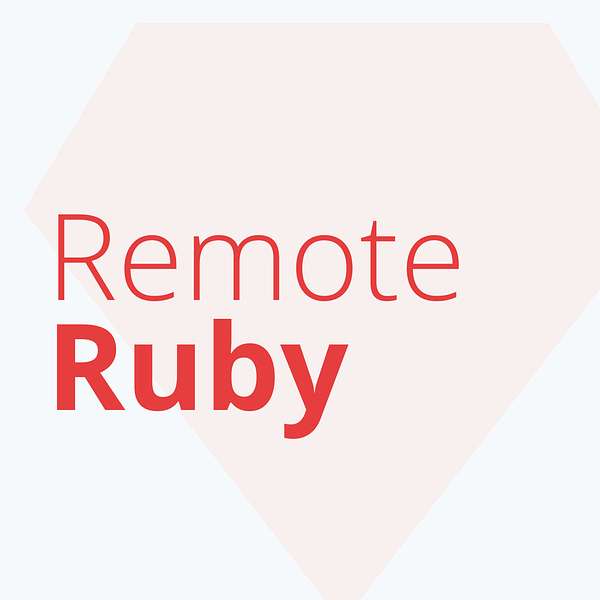In today’s episode, Jason, Chris, and Andrew, along with their guest, Irina Nazarova, CEO of Evil Martians, engage in a candid discussion that covers the intricacies of using Rails and integrating it with technologies like React, and the challenges of marketing developer-facing products. The discussion also touches on open-core business models, the relevance of Docker in current tech companies, and the future of software deployment. Also, Irina touches on a new tool from Thoughtbot called Superglue, a new open source product called Skooma, and she invites listeners to come to RailsConf and some Ruby meetups in San Francisco coming soon. Press download to hear more!
Panelists:
Jason Charnes
Chris Oliver
Andrew Mason
Guest:
Irina Nazarova
Sponsor:
Honeybadger
Links:
HoneybadgerHoneybadger is an application health monitoring tool built by developers for developers.
Disclaimer: This post contains affiliate links. If you make a purchase, I may receive a commission at no extra cost to you.
Jason starts the episode by calling Andrew to the ‘stand’ and questions him about his involvement with other podcasts, and then teasingly accuses Andrew of saving his best questions for his own podcast.
Irina introduces herself and talks about her company and her recent move to San Francisco.
Jason congratulates Irina on being invited to keynote at RailsConf and she speaks about feeling like she’s reaping the benefits of her team’s 20-year contribution to the community.
Irina shares insights on submitting conference talks, advocating for understanding what the audience might want to hear.
Irina discusses the content of her upcoming RailsConf talk, highlighting the stories of startups using Rails. She expresses her desire to inspire the community to develop tools that could help more people switch to Rails.
Jason discusses the importance of using Rails within its boundaries for the benefits it offers and acknowledges of lack of conversation about going beyond the boundaries.
Jason gives an example of their newsletter system using React components server-side rendered into HTML and note the lack of official guidance for incorporating React into Rails applications.
Irina mentions Thoughtbot developing a tool called Superglue and the potential of having multiple ways to integrate React with Rails, and she discusses a new open source product called Skooma.
Irina reveals that she’s never even touched React and Andrew jokes she’s lucky for not having to work with it, and vents about his current struggles with React.
Chris talks about GitHub’s transition to a more complex frontend with React and the challenges such transitions can present, and he emphasizes that Rails should support diverse frontend technologies.
Irina comments on the appeal of a vanilla Rails stack and its predefined tools, but she acknowledges that more complexity is often required and there is no one-size-fits-all solution for all projects.
Chris explains Thruster, a tool designed to serve SSL and static files efficiently in front of a Rails app, questioning why existing tools like NGINIX might not be preferred.
Irina proposes the idea of an alternative flavor of Rails designed for startups and growth companies, considering the need for full-stack engineers and practical limitations.
Chris speaks about Jumpstart and Hatchbox, which provides templates and infrastructure for running Rails apps.
Irina comments on the difficulty of marketing developer-facing products without an open source component. She gives the example of imgproxy which is used by Supabase.
Chris ponders if smaller businesses find it harder to adopt on-premises solutions due to a lack of process, compared to larger enterprises.
The conversation switches to Docker, noting that many tech companies might not be using yet.
Irina suggests there is a sense of completeness in offering a product in three forms, giving an example of AnyCable, which offers open source, on-premises, and SaaS versions.
Andrew discusses his experimentation with serverless functions using AWS Lambda and Vercel, and how he transitioned to a Sinatra app for more complexity.
Irina invites listeners to attend RailsConf and mentions hosting Ruby meetups in San Francisco, with a possibility of another one post RailsConf.


